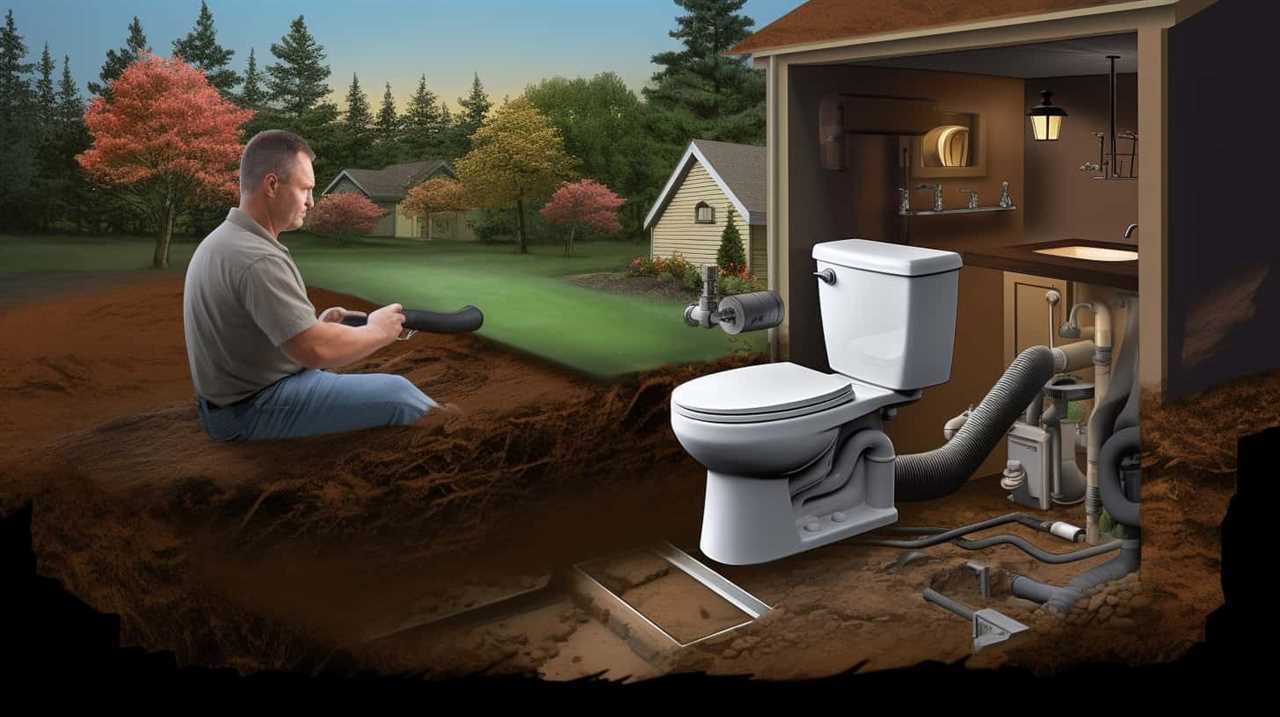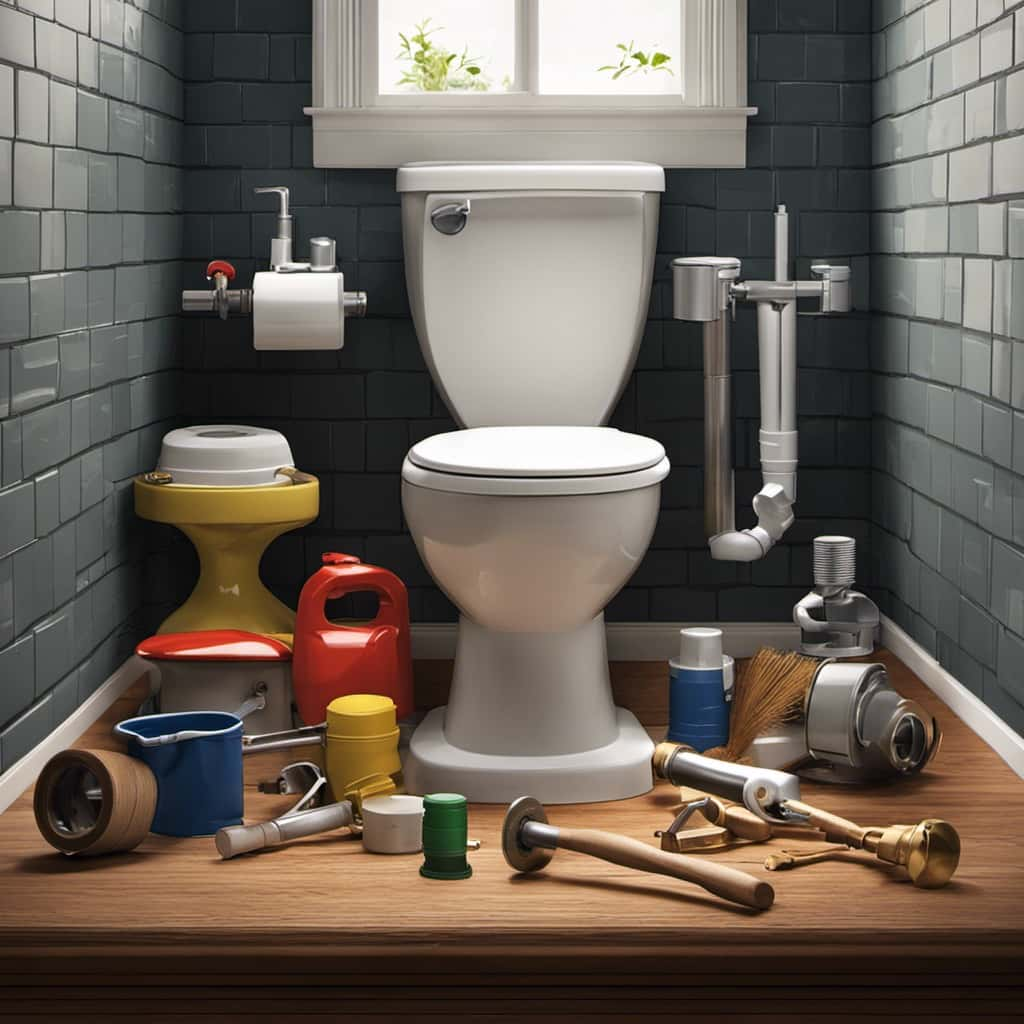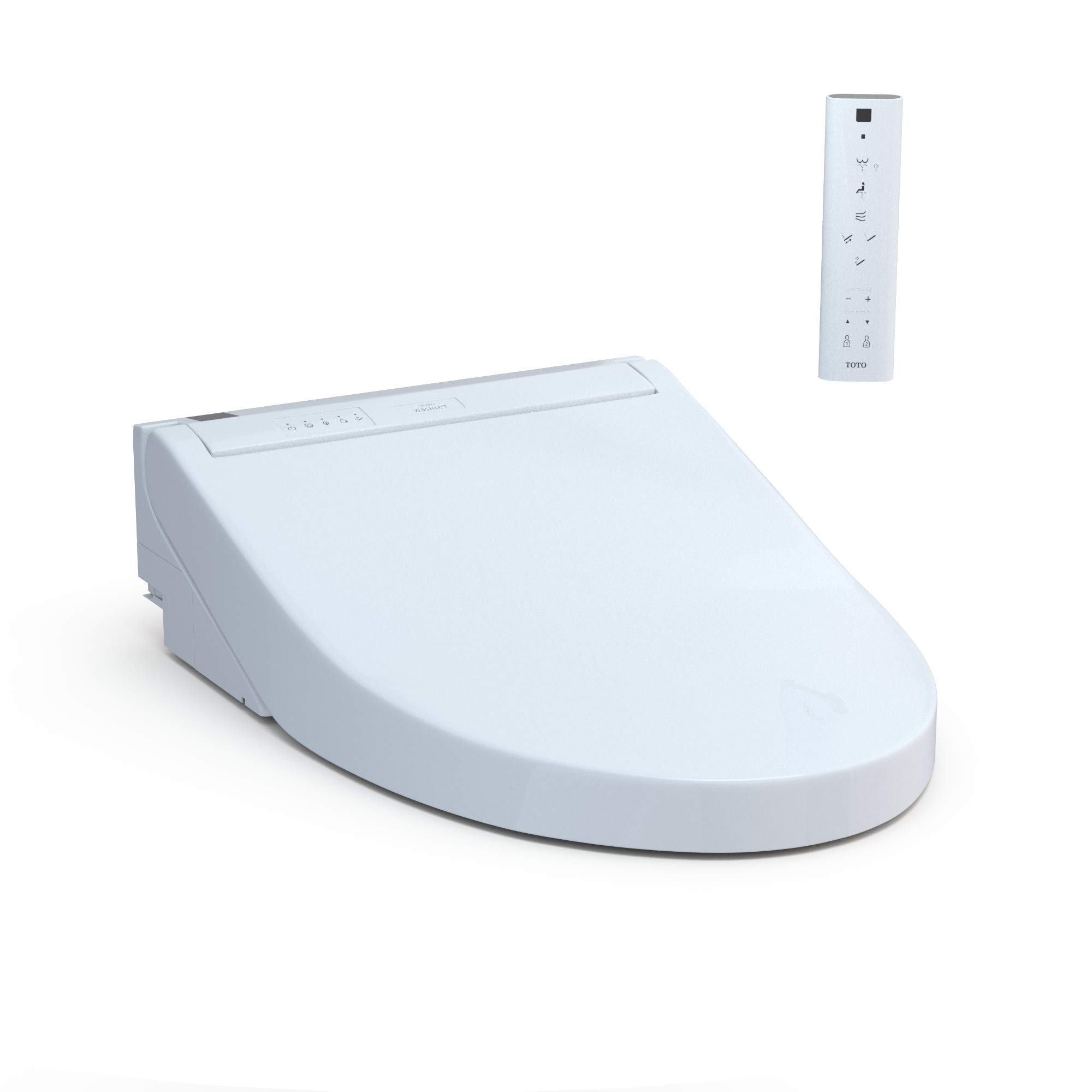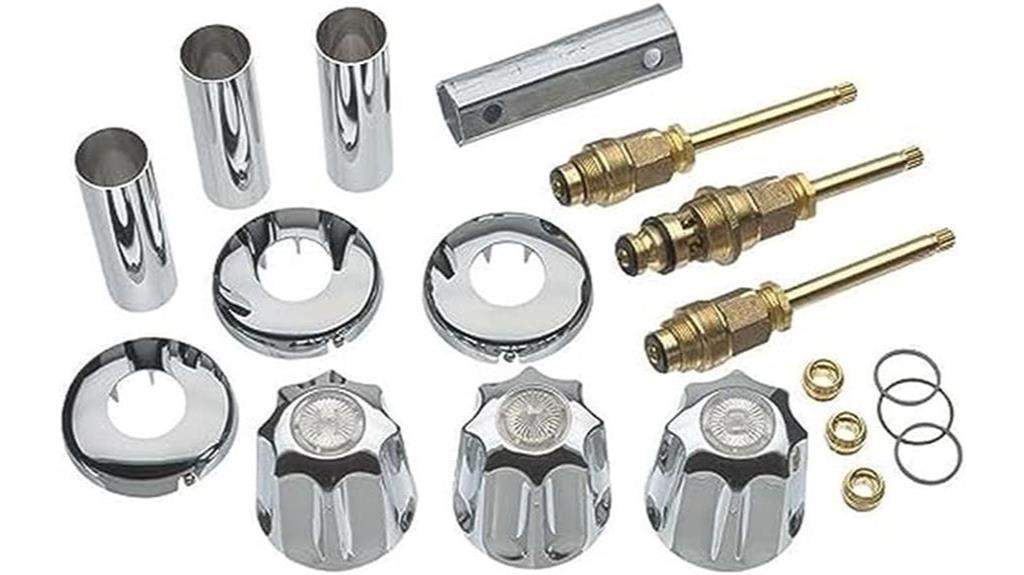Have you ever wondered what happens if we accidentally flush a wipe? Let’s dive into the potential damage it can cause to our plumbing system.
From the risk of clogged pipes and sewer backups to the environmental impact and costly consequences of sewer line repairs, there’s more at stake than meets the eye.
In this article, we’ll explore how to properly dispose of wipes to avoid these problems and maintain the mastery of our plumbing systems.
Key Takeaways
- Flushing wipes can lead to clogged pipes and blockages in the plumbing system.
- Wipes do not break down like toilet paper and can reduce water flow in pipes.
- Clogged pipes can result in backups, leaks, and even burst pipes, leading to expensive repairs.
- Flushed wipes contribute to marine pollution, harm marine life, and can cause clogs in sewer systems and treatment plants.
The Potential Damage to Your Plumbing System
Flushing a wipe can cause significant damage to our plumbing system. Not only can it clog pipes and create blockages, but it can also lead to potential health hazards.

Wipes aren’t designed to break down like toilet paper, and their durability can wreak havoc on our plumbing infrastructure. When flushed, wipes can accumulate in the pipes, causing them to become blocked and reducing the flow of water. This can result in backups, leaks, and even burst pipes, leading to costly repairs.
Regular plumbing maintenance is crucial to prevent these issues. By having a professional inspect and clean your plumbing system regularly, you can identify and address any potential problems before they escalate. This proactive approach ensures the longevity and efficiency of your plumbing system, while also preventing potential health hazards associated with clogged pipes.
The Risk of Clogged Pipes and Sewer Backups
Clogged pipes and sewer backups can frequently occur when wipes are accidentally flushed, posing a risk to our plumbing system. Here are four reasons why using wipes can lead to such issues:
- Non-disintegrating material: Unlike toilet paper, wipes are made of non-disintegrating materials like polyester or polypropylene. These materials don’t break down easily in water, causing them to accumulate and create blockages in pipes.
- Reduced flow capacity: As wipes accumulate in the pipes, they can restrict the flow of wastewater. This reduced flow capacity can lead to backups and overflows, causing significant damage to our plumbing system.
- Increased maintenance costs: Clearing clogged pipes and fixing sewer backups can be an expensive endeavor. The use of wipes puts an unnecessary burden on homeowners, as they may need to hire professional plumbers to resolve these issues.
- Impact on wastewater treatment plants: Wipes that make it through the plumbing system can also cause problems at wastewater treatment plants. These facilities aren’t designed to handle large amounts of wipes, which can result in clogs and equipment malfunctions.
The Environmental Impact of Flushed Wipes
One of the main concerns regarding flushed wipes is the significant environmental impact they have. When flushed down the toilet, wipes often end up in our oceans, contributing to marine pollution. Marine life can mistake these wipes for food and ingest them, causing harm and even death. Additionally, the chemicals and microplastics present in wipes can leach into the water, further polluting the marine ecosystem.

Not only do flushed wipes impact marine life, but they also pose a problem for wastewater treatment plants. Wipes don’t break down easily like toilet paper does, leading to clogs in the sewer system and increased maintenance costs for treatment facilities. These clogs can disrupt the normal functioning of the plants, resulting in untreated wastewater being released into the environment.
The environmental consequences of flushed wipes are severe, both in terms of marine pollution and the strain they put on wastewater treatment plants. Understanding these impacts is crucial in order to address the issue effectively and prevent further damage to our environment.
In the next section, we’ll explore the costly consequences of sewer line repairs.
The Costly Consequences of Sewer Line Repairs
After understanding the severe environmental impacts of flushed wipes, it’s important to consider the costly consequences of sewer line repairs. When wipes are flushed down the toilet, they can accumulate in the sewer lines and cause blockages. These blockages can lead to backups and overflows, resulting in the need for sewer line replacement.
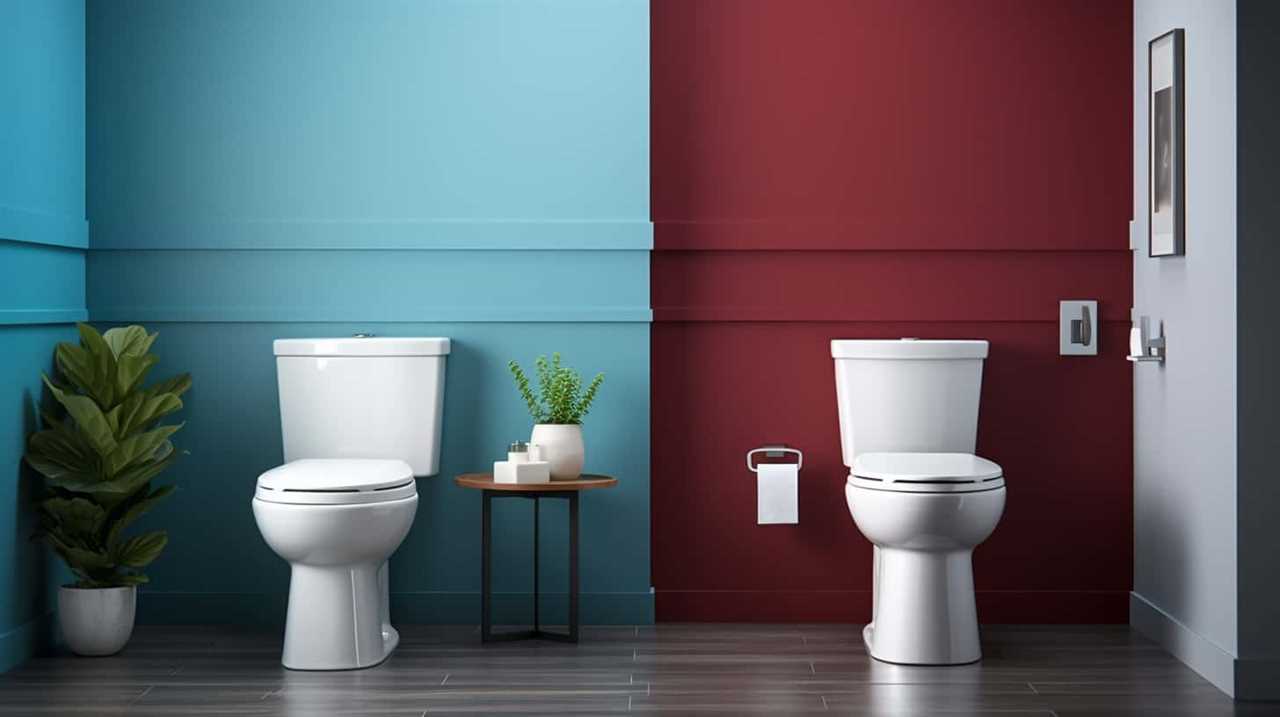
Here are four costly consequences of sewer line repairs:
- Expensive repairs: Sewer line replacement can be a costly endeavor, with expenses ranging from thousands to tens of thousands of dollars.
- Disruption of daily activities: Sewer line repairs often require excavation and can disrupt the normal functioning of a household or business.
- Health hazards: Sewer backups can lead to the release of harmful bacteria and pathogens, posing health risks to both individuals and the environment.
- Financial burden: The financial burden of sewer line repairs falls on the property owner, making it a significant expense that can cause financial strain.
Considering these costly consequences, it’s crucial to understand how to properly dispose of wipes to avoid problems and alleviate the financial burden associated with sewer line repairs.
How to Properly Dispose of Wipes to Avoid Problems
To avoid clogged sewer lines and the costly consequences of repairs, we can take simple steps to properly dispose of wipes.
Proper disposal methods for wipes include throwing them in the trash instead of flushing them down the toilet. It’s important to remember that wipes aren’t designed to break down like toilet paper, so they can easily clog pipes and cause blockages in the sewer system. Additionally, it’s worth noting that wipes labeled as ‘flushable’ may still cause problems.

To ensure environmental friendliness, we should consider recycling options for certain types of wipes. Some wipes, like those made from biodegradable materials, can be composted or disposed of in green waste bins. Others, like those made from plastic fibers, may be recyclable.
Frequently Asked Questions
Can Flushing Wipes Cause Damage to Other Parts of My Plumbing System Besides the Pipes?
Flushing wipes can cause extensive damage to your plumbing system beyond just clogging the toilet. They can also lead to septic tank damage, resulting in costly repairs and potential health hazards.
What Are Some Signs That My Pipes May Be Clogged Due to Flushed Wipes?
Signs of pipe clogs due to flushed wipes include slow draining, gurgling sounds, and foul odors. To prevent clogs caused by flushed wipes, dispose of them in the trash, not the toilet. Regular plumbing maintenance is also essential.
Can Flushing Wipes Lead to Sewage Backups in My Home?
Flushing wipes can cause sewer system problems, potentially leading to sewage backups in our homes. However, DIY solutions, such as using a plunger or calling a professional plumber, can help mitigate these issues.

Are There Any Health Risks Associated With Using Flushed Wipes?
There are potential health risks associated with using flushed wipes. It is important to properly dispose of them to avoid sewage backups. Toilet paper alternatives and following proper disposal methods can help mitigate these risks.
Can Flushing Wipes Lead to Water Contamination or Other Environmental Issues?
Flushing wipes can lead to water contamination, posing risks to both human health and the environment. Wipes can clog pipes and damage water treatment systems. They also contribute to the pollution of marine life and ecosystems.
Conclusion
In conclusion, flushing wipes down the toilet can lead to a range of problems, both for your plumbing system and the environment. Just as a single pebble can cause a ripple effect, a flushed wipe can create a chain reaction of clogged pipes, sewer backups, and costly repairs.
To avoid these consequences, it’s crucial to dispose of wipes properly in the trash. By doing so, you can ensure the smooth flow of your plumbing system and protect our precious environment.
